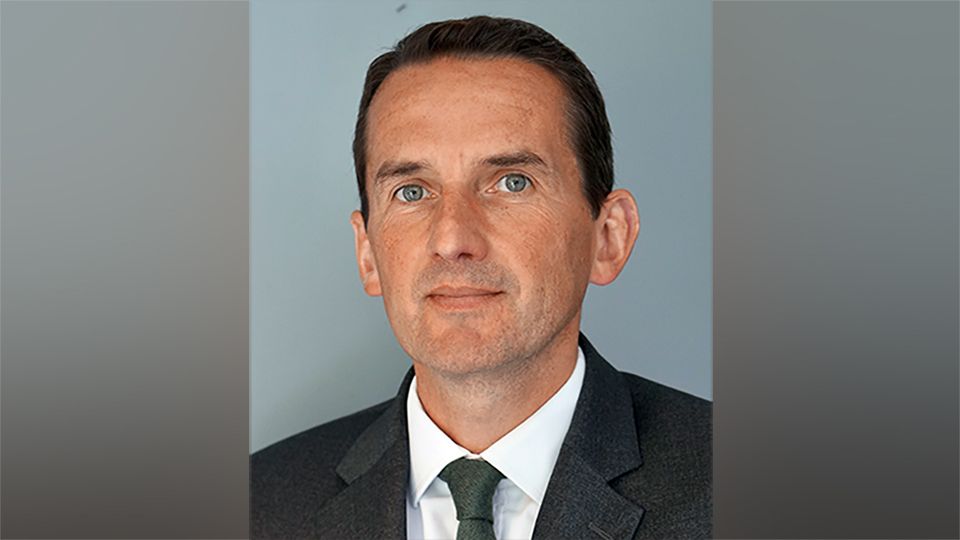Investors are paying much closer attention to the ESG credentials of their global equity portfolio, fund managers told ESG Clarity, with a focus on net-zero targets and they are investing for R&D.
Healthcare, water waste and electric vehicles, as well as a boosted uptake of ESG in private markets, are also factors to watch.
See below key insights from three fund managers:
Opportunities abound

David Harrison, fund manager at Rathbone Greenbank Global Sustainability Fund, predicted electrification and water infrastructure will be an opportunity for global equities in 2022.
“In 2020, most automakers pivoted to a full electrification strategy and with global electric vehicle penetration still below 5%, this is a long-term shift.
“In the US 30% of water is lost through aging infrastructure and there are plans to clean up water which has long-lasting contaminants. There are attractive water infrastructure businesses with high barriers to entry enabling these improvements,” said Harrison.
However, Harrison said there would be more caution in the future around renewables: “There has been a huge flow of capital but companies have taken hits on managing supply chains. We are concerned about new entrants throwing money at renewables, which we believe is eroding the strong capital discipline in parts of the sector.”
Pandemic effect
Ingrid Kukuljan, head of impact investing at Federated Hermes said her team is keeping a weather eye on the ongoing impact of the Covid-19 in 2022.

“The pandemic will serve as a catalyst to accelerate existing trends, thereby increasing the awareness of risks facing economies, the environment and society alike,” said Kukuljan.
One of their investments theses, she said, is there will increasingly be a transfer of funds from governments to the private sector. This is to help address environmental and societal challenges governments have failed to tackle previously or simply do not have the capacity or expertise to deal with.
“The coronavirus has shown us the private sector can help to tackle a global crisis, as is evident from companies developing healthcare equipment, testing and building hospitals in response to the pandemic. Healthcare and wellbeing continues to be a very important theme within our portfolios,” Kukuljan added.
Operational change

Amanda O’Toole, portfolio manager at AXA Investment Managers responsible for the group’s Global Thematics Fund, said clients are particularly interested in how global equity strategies are aligned with net zero targets and, in turn the team are seeing significant advances in disclosure from corporates.
“[They are] aware of the cost-of-capital benefits of doing so, seek to demonstrate their ESG and impact credentials. This is not a cynical marketing ploy: there is genuine intent amongst many corporates to address sustainability challenges through R&D and capex, underscored by legislative pressure.”
Furthermore, she said a lot of operational change is occurring in global equity markets:
“Just look at the pace at which capital is being deployed to support green hydrogen in Europe,” she explained. “Likewise, the growing commitment towards greening the supply chain for electric vehicles is highly significant.”








